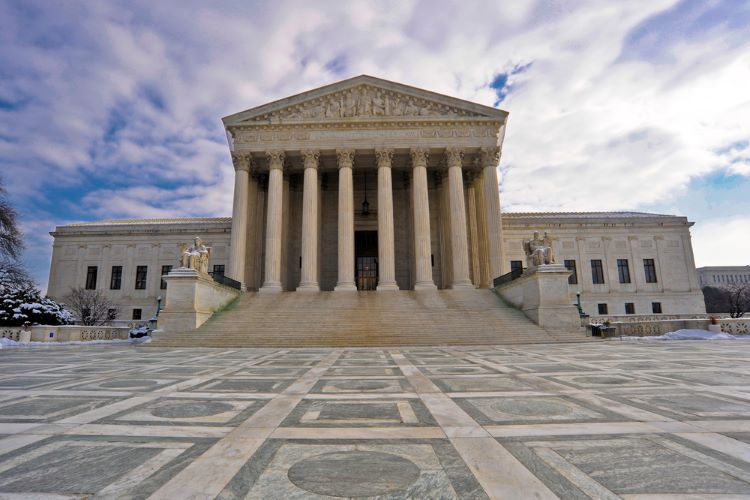Why Do Estate Plans Fail?
Creating an estate plan is important; however, making sure that the plan you create works as intended is equally important. Unfortunately, a significant percentage of estate plans fail. Moreover, about 70 percent of estate settlements are followed by asset losses or a reduction in family harmony, according to the 2007 book Estate Planning for the Post-Transition Period by Roy Williams and Vic Preisser. The Indianapolis estate planning attorneys at Frank & Kraft explain why estate plans often fail and how to prevent yours from failing.
Estate Plan Realities
A report from BMO Wealth Management titled Estate Planning for Complex Family Dynamics included some eye-opening data regarding the realities of estate planning, including:.
- 40 percent of parents never discussed their estate intentions with their children
- Only 28 percent of adults said they knew details of their parent’s estate plans
- 40 percent of those whose parents passed away believed their parents’ estate plans were unfair
- 25 percent of married adults said only their spouses know the locations of their estate planning documents.
Lack of Follow Through
Failing to follow through with the estate plan you create is one of the most common reasons for an estate plan to fail. Simply creating the estate plan documents is not always enough to ensure success.
For example, failing to fund a living trust will effectively make the trust worthless. The trust may be created to help avoid probate and/or help with incapacity planning; however, assets must be transferred to the trust for the trust to serve its intended purpose. Real estate deeds and/or titles may need to be transferred into the trust. Vehicles may need to be re-registered with the trust listed as the owner and financial accounts may need to be changed to show ownership by the trust. Without taking the follow-through steps required to fund the trust, its intended purpose fails.
Failing to notify people of the existence of important estate planning documents is another way people often fail to follow through with an estate plan. A power of attorney or advance directive cannot serve its intended purpose if nobody else knows about them. These documents appoint someone (an Agent) to act on your behalf under specific circumstances. The designated Agents cannot act on your behalf if they do not know you want them to and/or do not know they have the authority to do so.
Finally, creating an estate plan and never revisiting the plan can make that estate plan worse than not having one at all. Follow through, in this case, means updating the plan on a regular basis and/or when a change in circumstances warrants an update.
What You Can Do to Prevent Failure
Often, the very nature of an estate plan means that you will not know if the plan succeeds or fails because you will be incapacitated or dead when the components of the plan are called into action. There are, however, a few steps you can take to help prevent your plan from failing, such as:
- Tell your beneficiaries that you have a plan. How much detail you offer is up to you.
- Prepare your beneficiaries for the inheritance you intend to leave them. This includes educating them about money management as well as expressing how you hope they will use the inheritance.
- Create a checklist after creating the plan. When you leave your attorney’s office, have a checklist of follow-up steps you need to take.
- Update and revise as needed. Review your plan every few years and update it immediately if something significant in your life changes.
Contact Indianapolis Estate Planning Attorneys
For more information, please download our FREE estate planning worksheet. If you have questions or concerns about estate planning, contact the experienced Indianapolis estate planning attorneys at Frank & Kraft by calling (317) 684-1100 to schedule an appointment.
Paul Kraft is Co-Founder and the senior Principal of Frank & Kraft, one of the leading law firms in Indiana in the area of estate planning as well as business and tax planning.
Mr. Kraft assists clients primarily in the areas of estate planning and administration, Medicaid planning, federal and state taxation, real estate and corporate law, bringing the added perspective of an accounting background to his work.
Latest posts by Paul A. Kraft, Estate Planning Attorney (see all)






